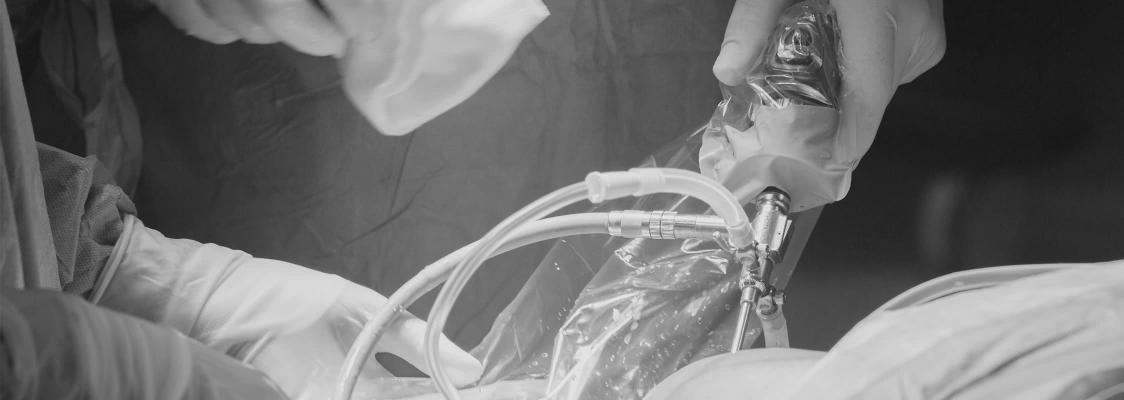Unicompartmental Knee Replacement (UKR) is a form of knee replacement surgery which is quite unlike Total Knee Replacement (where all the surfaces of the knee joint are replaced with new surfaces).
Unicompartmental Knee Replacement is appropriate for a sub-group of people who have severe arthritis of one part (one compartment) of their knee, with the other two compartments of the knee remaining healthy. There are multiple other criteria (beyond isolated arthritis of only one compartment of the knee) that must be met in order for unicompartmental knee replacement to be offered. Factors including age, weight, activity level, previous surgery or injury of the knee (such as ACL injury), pre-existing motion capability at the knee are important considerations when a surgeon is deciding whether partial or total knee replacement is the most appropriate choice.
In most instances, arthritis develops much more severely at the inner side of the knee (the medial side) and the outer side of the knee can remain healthy. In this instance, replacement of the inner side of the knee alone may be appropriate. In rarer instances, isolated arthritis of the outer (Lateral) side of the knee, or of the patellofemoral joint at the front of the knee may occur, and partial knee replacement of these compartments of the knee can also be performed.
If UKR is an appropriate procedure, the advantages of this over Total Knee Replacement (TKR) include: less invasive surgery, faster recovery with less pain, fast return of function, more “natural” feeling knee, greater ability to return to pre-operative activities. The major downside of this surgery is a higher rate of revision surgery (re-do surgery) compared to total knee replacement. In most instances, a partial knee replacement that has failed and is being revised is converted to a total knee replacement.
The decision to perform UKR or TKR surgery requires careful evaluation (to determine appropriateness for each procedure) as well as in-depth discussion of the potential benefits and downsides of both UKR and TKR
